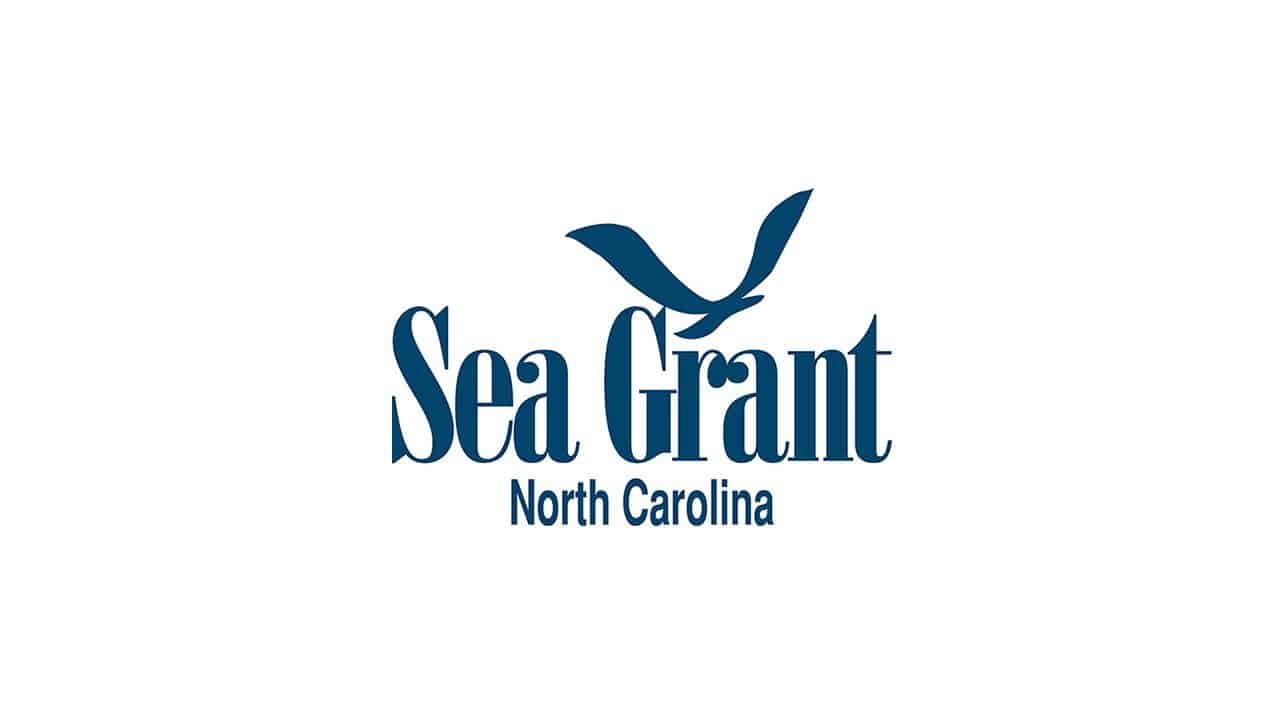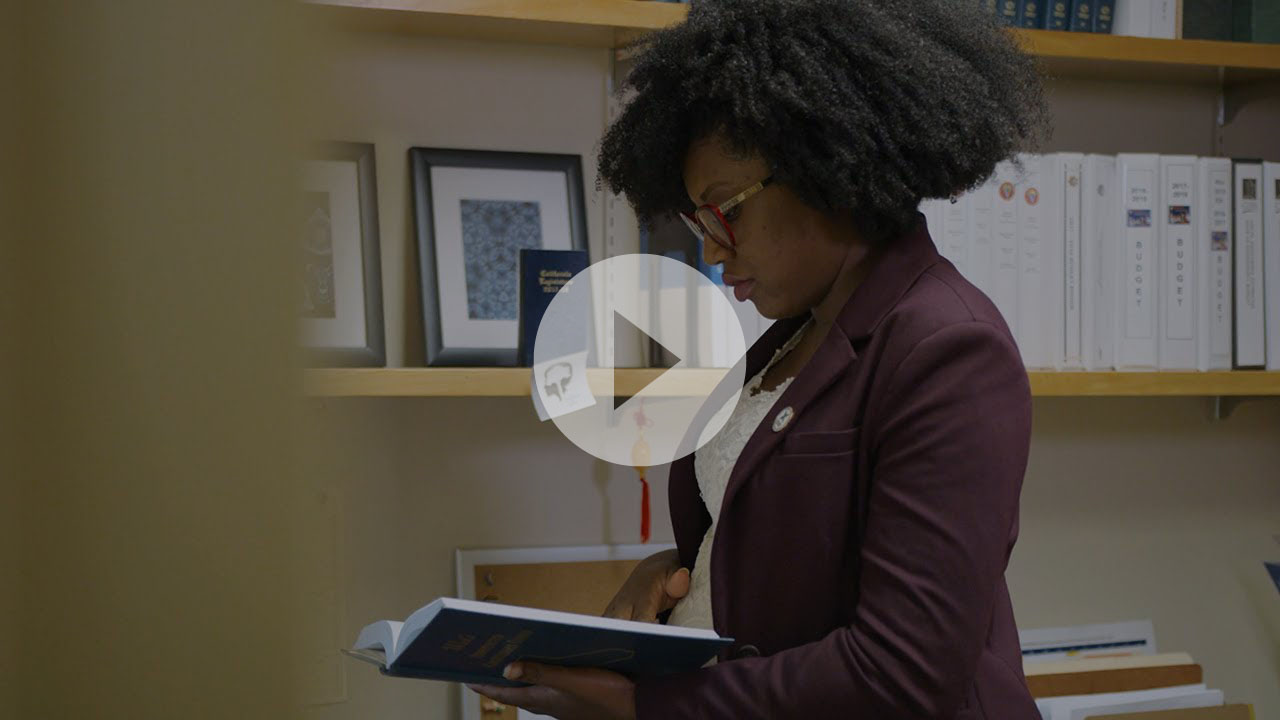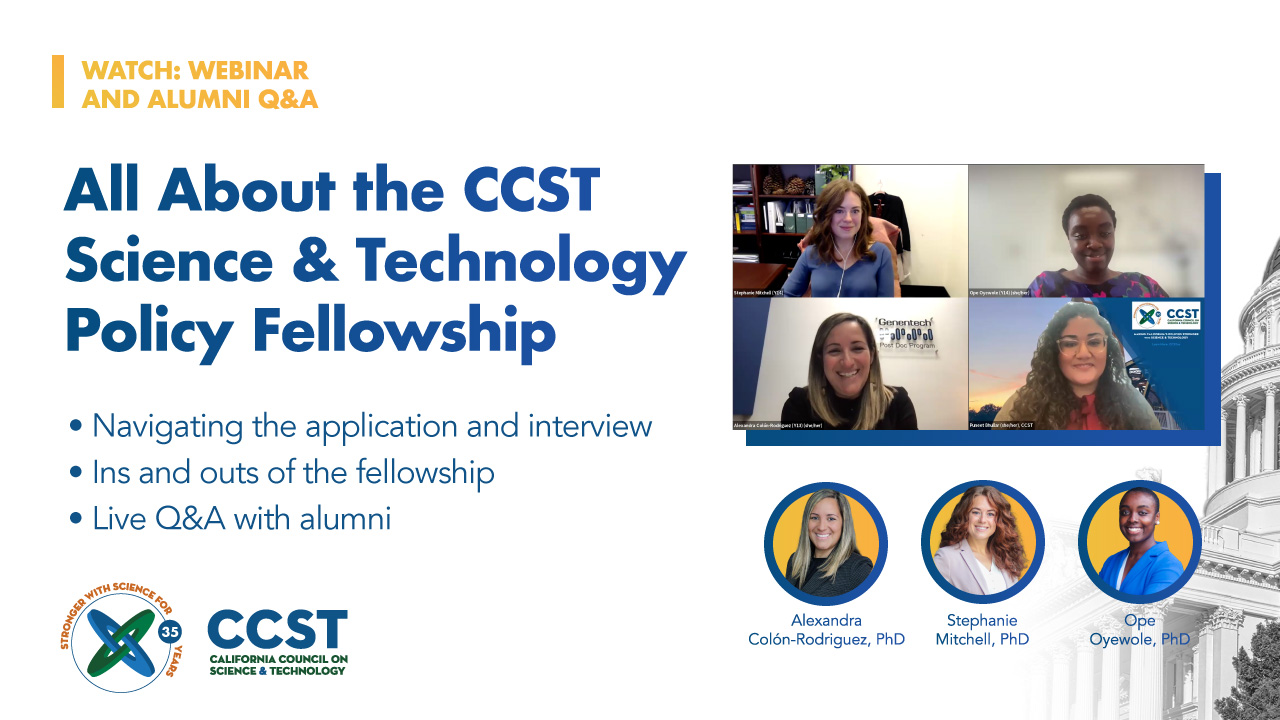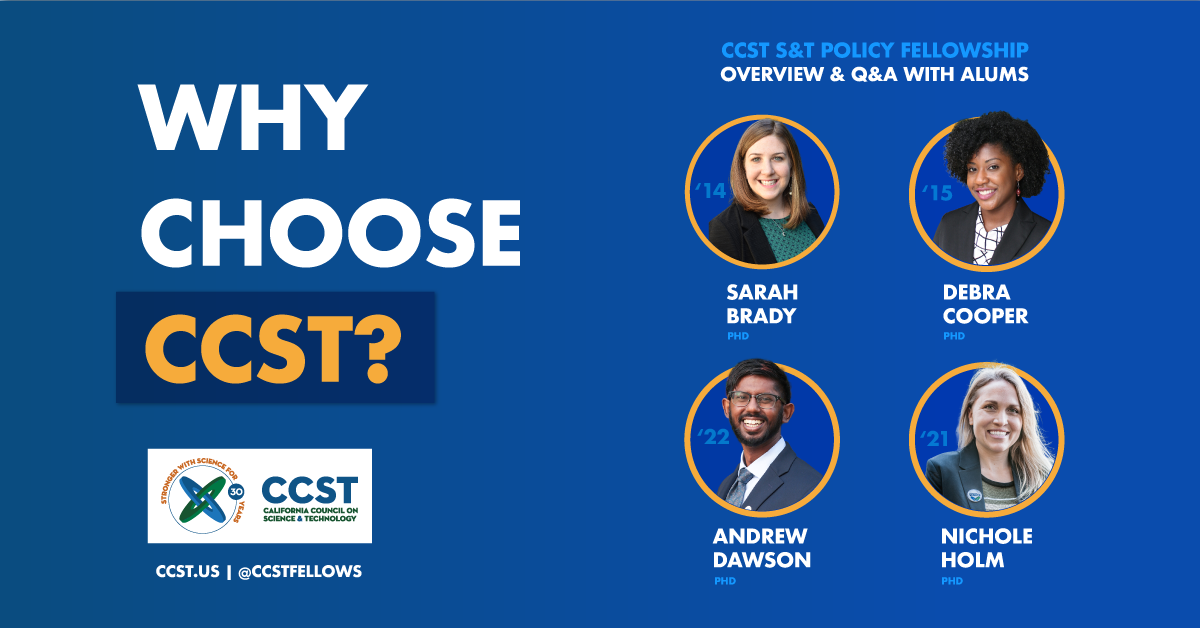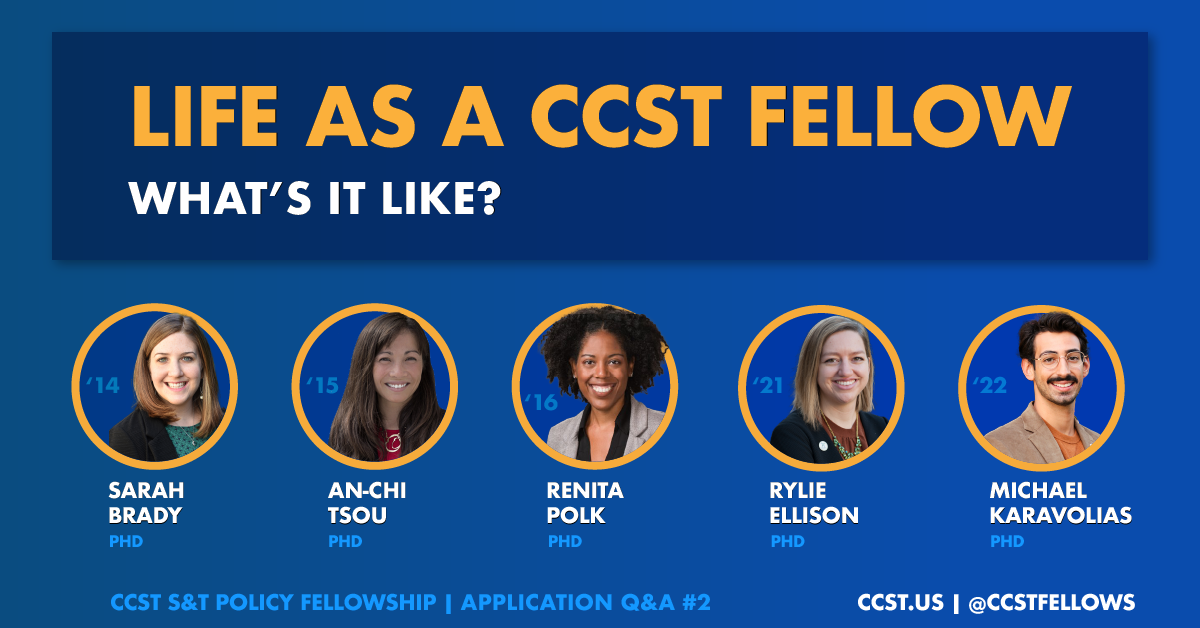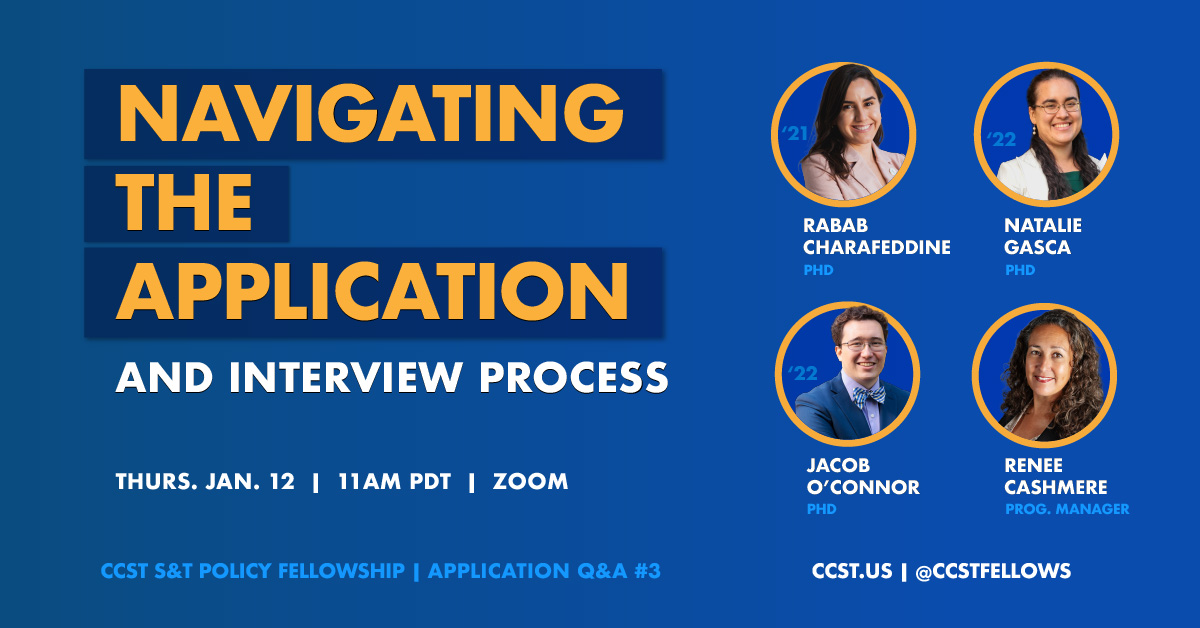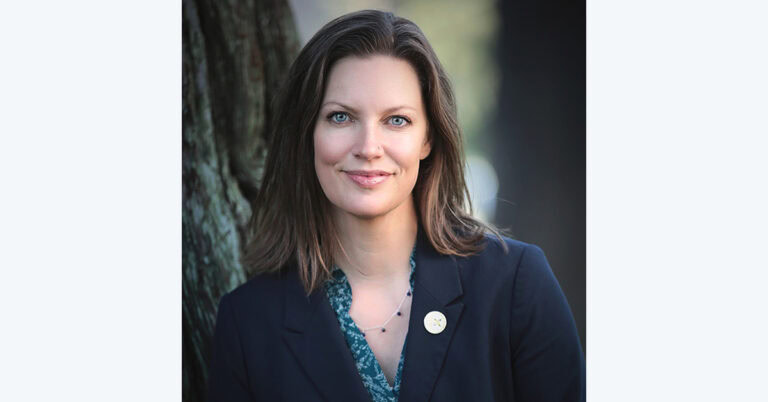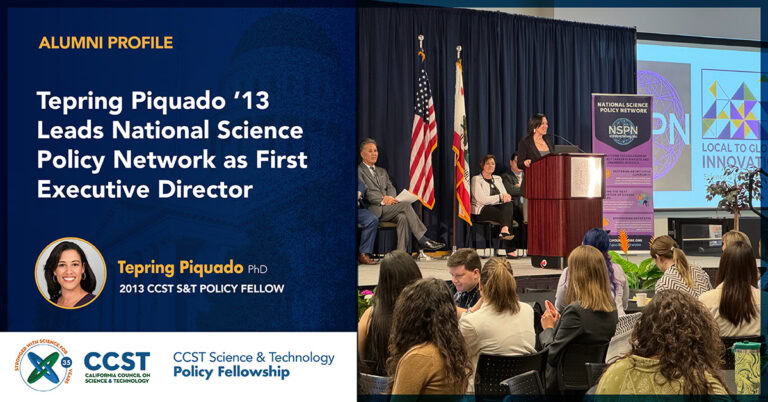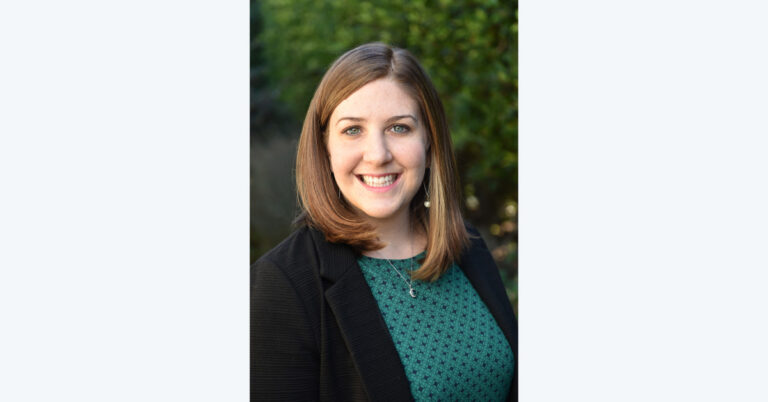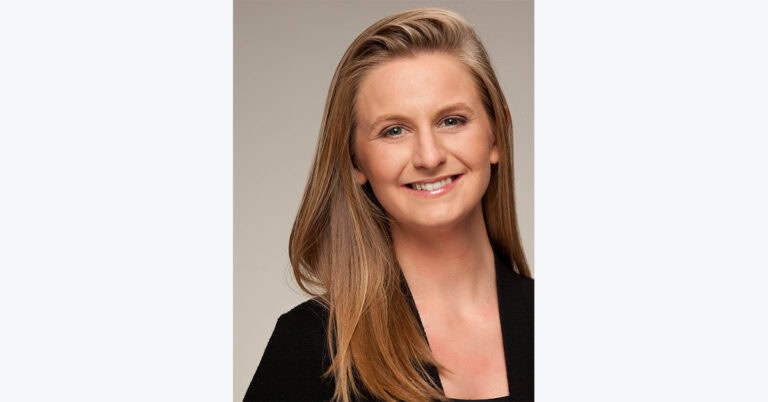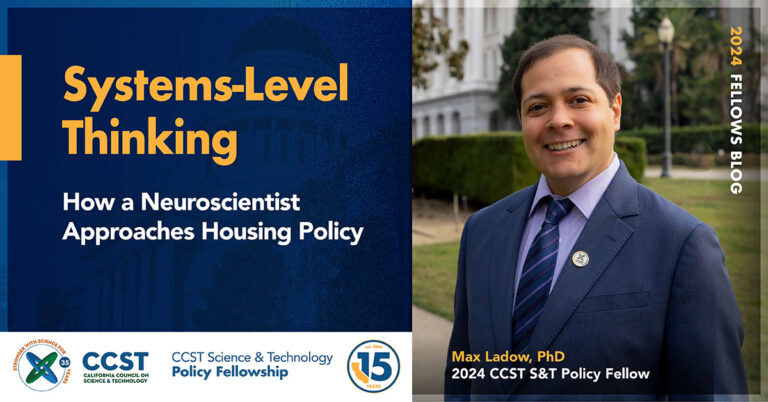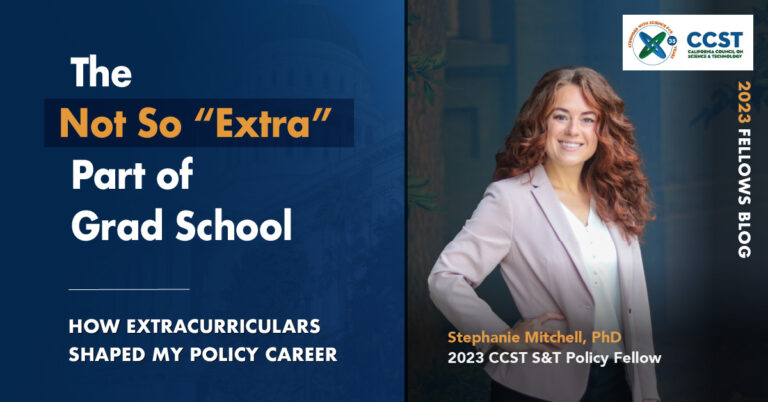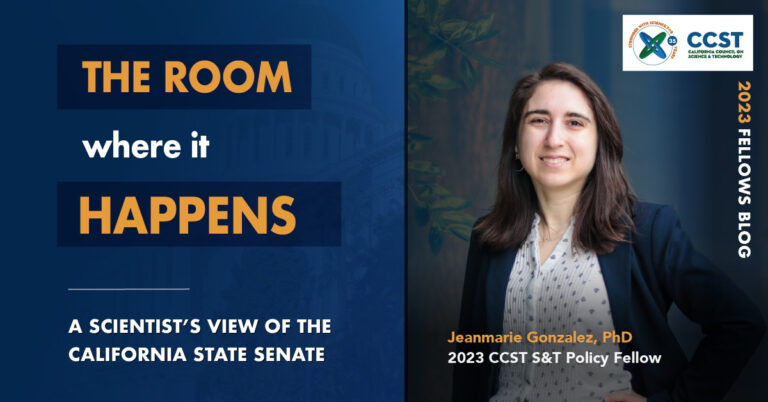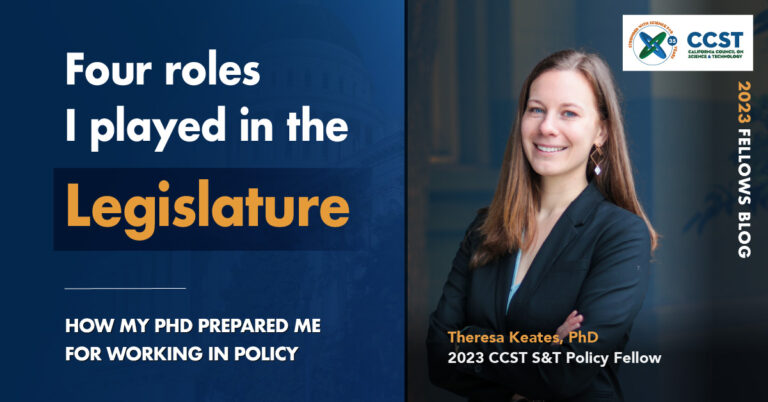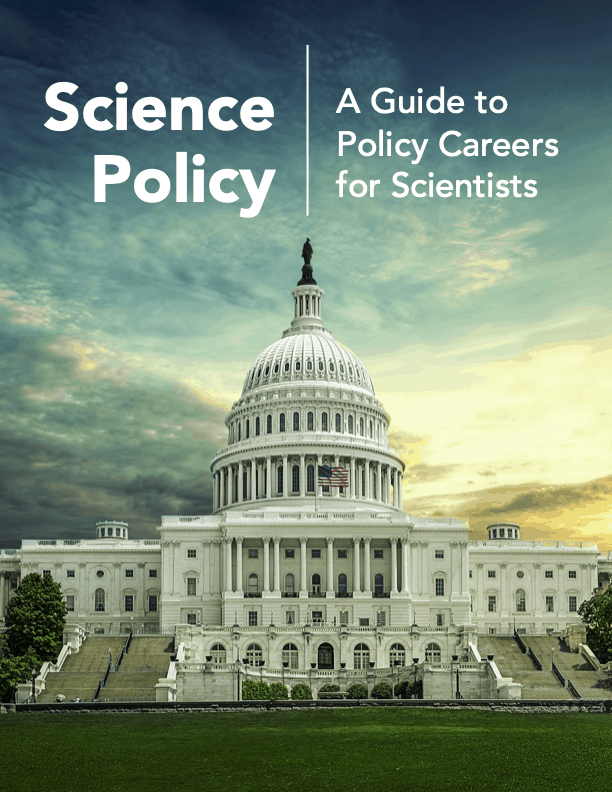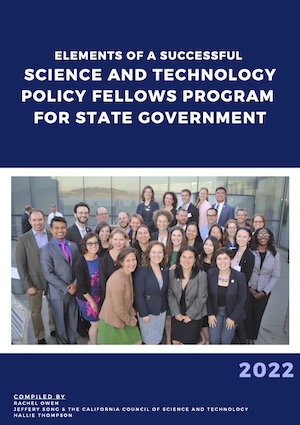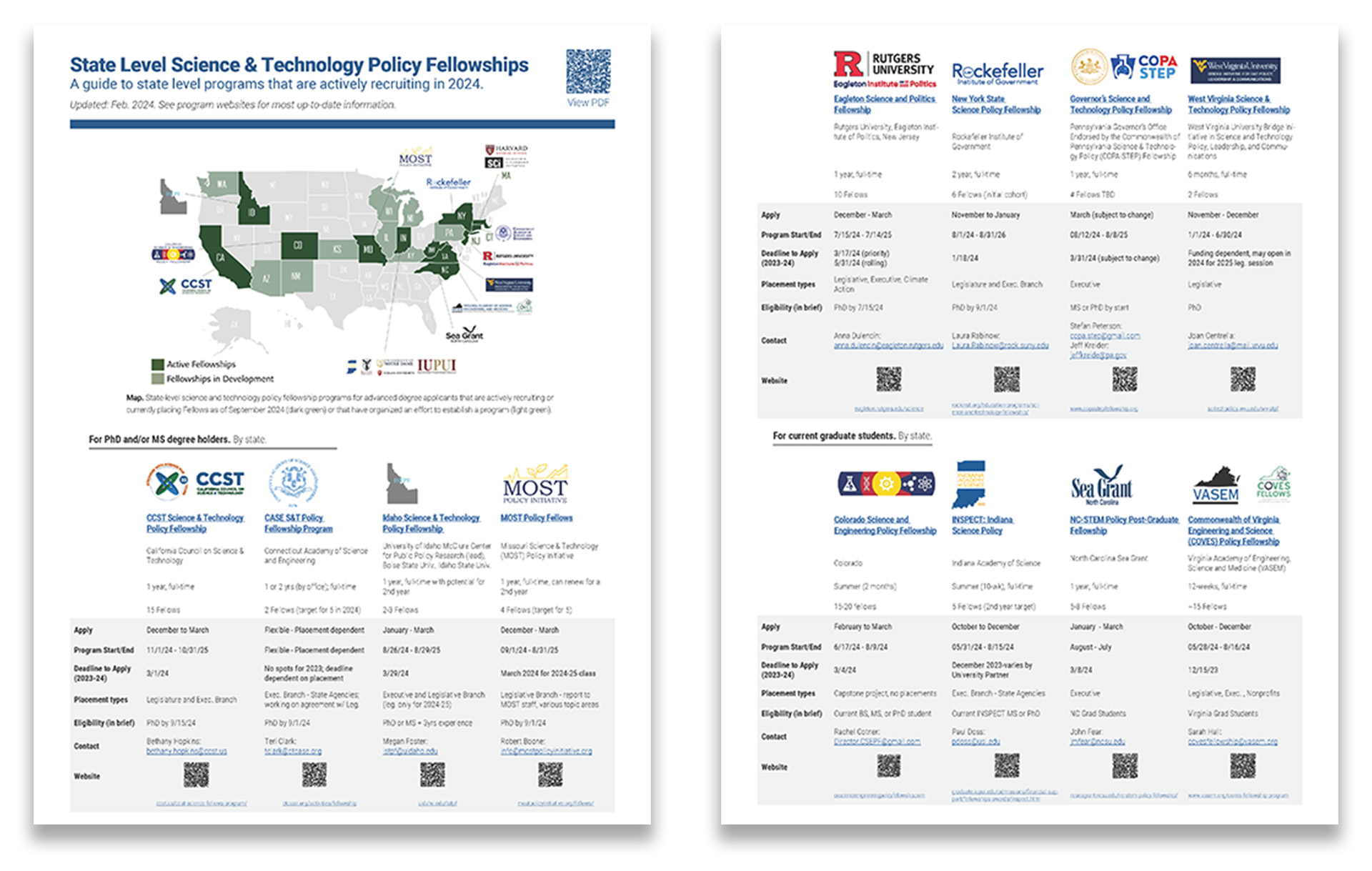CCST Science & Technology Policy Fellows
Eligibility & Timeline
2025 class
Application has closed.
Training begins Nov. 1, 2024
Application opens for next class December 1.
Informational Webinar:
Watch the Presentation
Read the Q&A with Alumni
Degree
PhD or equivalent in science, social science, or engineering field* needed by Sept. 15, 2024
Residency
Applicants must be legally authorized to work full-time in the United States as a U.S. citizen or national, asylee, refugee, or lawful permanent resident.
Salary and Benefits
Salary*, paid-time off, health, dental, & vision benefits, reimbursements for approved professional development and relocation.
*See FAQ for latest salary amount, details on equivalent degrees, residency requirements, and more.
December 1, 2023
Application period begins.
Extended: March 11, 2024
Application period closes at midnight PT.
April, 2024
Notification sent to applicants for interviews.
May, 2024
Finalists' interviews held.
Late May/Early June 2024
Fellows selected.
September 15, 2024
PhD or equivalent needed.
November 1, 2024
Fellows training begins in Sacramento.
December 2024
Fellows assigned to host offices.
October 31, 2025
Fellowship ends.
Follow Fellows:
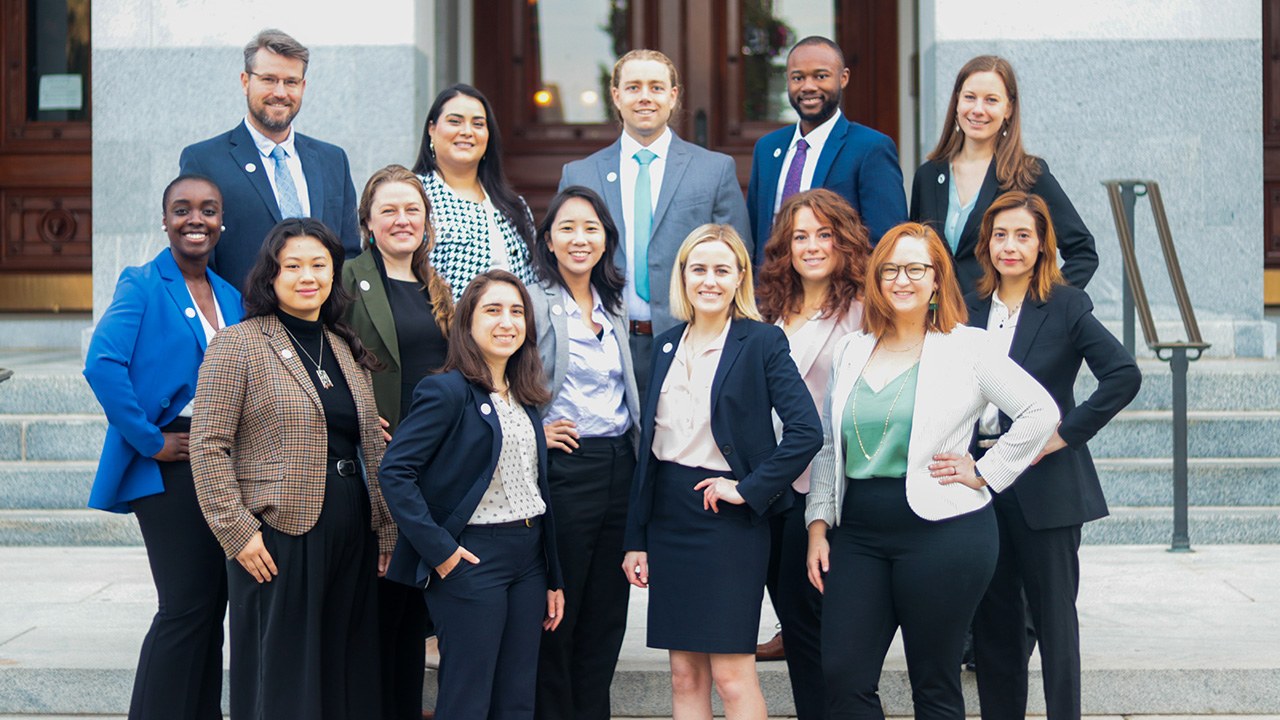
Sending Scientists to Sacramento to Help Shape Smart Policies
Every year, California decision makers must make critical decisions on a number of complex and dynamic issues facing our state, such as the state’s water supply, energy grid, and public health. To help address this, the CCST Science & Technology Policy Fellows program annually recruits and trains a cohort of fifteen PhD scientists and engineers to spend one year working in Sacramento, directly serving decision makers within the California State Legislature and Executive Branch.
During their year of public service, these scientific minds get a front-row seat learning about the craft and process of policymaking in the state of California. CCST S&T Policy Fellows work alongside decision makers to evaluate complex scientific issues and interpret data, while tackling the responsibilities of full-time staffers.
The CCST S&T Policy Fellows program is a win-win for California. These talented individuals gain valuable experience and training in public policy and leadership. In turn, state decision makers are given access to science-savvy staff who can inform policy discussions with scientific perspectives and expertise.
It's not science vs. policy—they work hand in hand. Science needs to inform policy and policy needs to inform science. Both of them need to work in conjunction. That's what we're here for.
— Debra Cooper, PhD, 2015 Fellow
Watch: Application Webinar Series
Want more information?
- Who can apply?
- When is the application due?
- What is the selection process like?
- What salary and benefits are provided?
Visit our FAQ page.
Sign up to receive CCST S&T Policy Fellows updates by email.
If you have other questions regarding the Fellowship or application contact the Fellowship Director Puneet Bhullar.
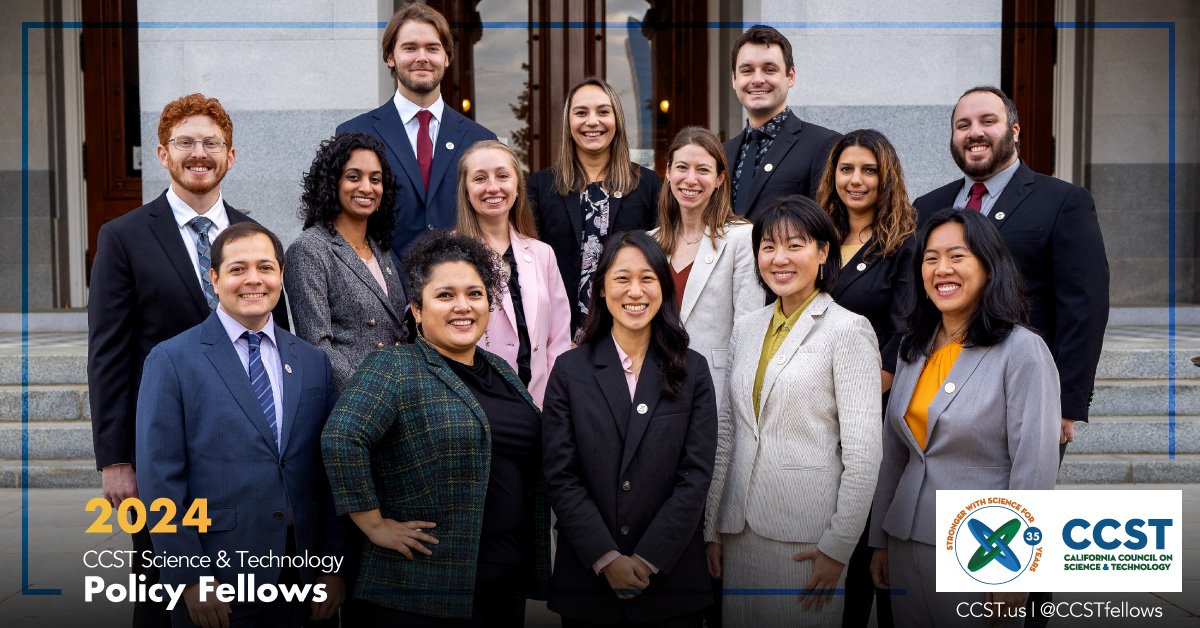
Meet the 2024 Fellows
Learn more about the 2024 class of CCST Science & Technology Policy Fellows and see where former Fellows are now.
By The Numbers
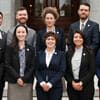
0
S&T Policy Fellows Trained To-Date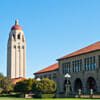
0+
Doctoral Degree Institutions Represented From Across the US
0%
of S&T Policy Fellows Hold PHDs or Equivalent Degrees in Science, Medicine, Engineering, or Social Sciences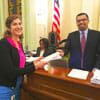
0+
Bills, Hearings, and Actions Impacted by S&T Policy Fellows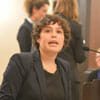
0%
of S&T Policy Fellows Have Been Hired by the California State Legislature or State Agencies Since Completing Their FellowshipAffecting All Californians
By embedding PhD-level scientists directly in the California State Legislature and Executive Branch offices, the CCST S&T Policy Fellows Program helps inform policy discussions with scientific perspectives and expertise. Fellows have contributed to bills and laws in diverse areas:
Energy & Environment
Energy & Environment
- Clean energy
- Climate change
- Earthquake early warning system
- Electric vehicles
- Habitat restoration
- Hydraulic fracturing
- Waste management
- Water quality and supply
Human Services
Human Services
- Adoption and foster care
- Affordable housing
- Aging and long-term care
- Autism services
- Homelessness
- Medicaid and Social Security
- Reentry and job training
- Veterans issues
- Public Safety
Education
Education
- Community colleges
- Digitally enhanced education
- Education funding
- Higher education
- School nutrition
- Standardized testing
- STEM-ready workforce
- Teachers
Healthcare
Healthcare
- Alzheimer’s disease
- Genetic testing
- Healthcare disparities
- Medical devices
- Medical professions
- Organ donation and transplant
- Smoking and e-cigarettes
- Vaccinations
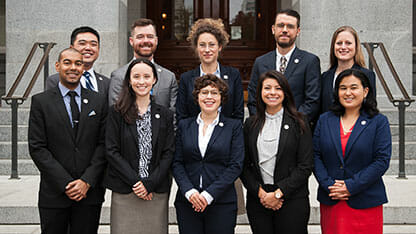
Additional Resources
A Guide to Policy Careers for Scientists
This guide, produced by CCST S&T Policy Fellows alumni, provides an introduction to science policy, details the various types of policy practice, settings, and issue areas, lists academic programs, extracurricular activities, organizations, and fellowship opportunities, and highlights many career professionals and their paths to science policy.
Science & Policy Beyond California
In 2016, CCST developed a report to identify successful elements of a state-level science policy fellowship program in order to encourage other states to replicate or adapt the program. Six years later, this 2022 update compiled by leaders from multiple state fellowships, finds state science policy flourishing and provides an in-depth overview on launching and managing a state science and technology policy fellows program.
Much of this work, along with the State Fellowship Planning Grants, was funded by the Gordon and Betty Moore Foundation as well as the Simons Foundation. It supported the development of many new state-level Fellowships. Find those opportunities and more below.
ADDITIONAL S&T Policy FELLOWSHIP opportunities
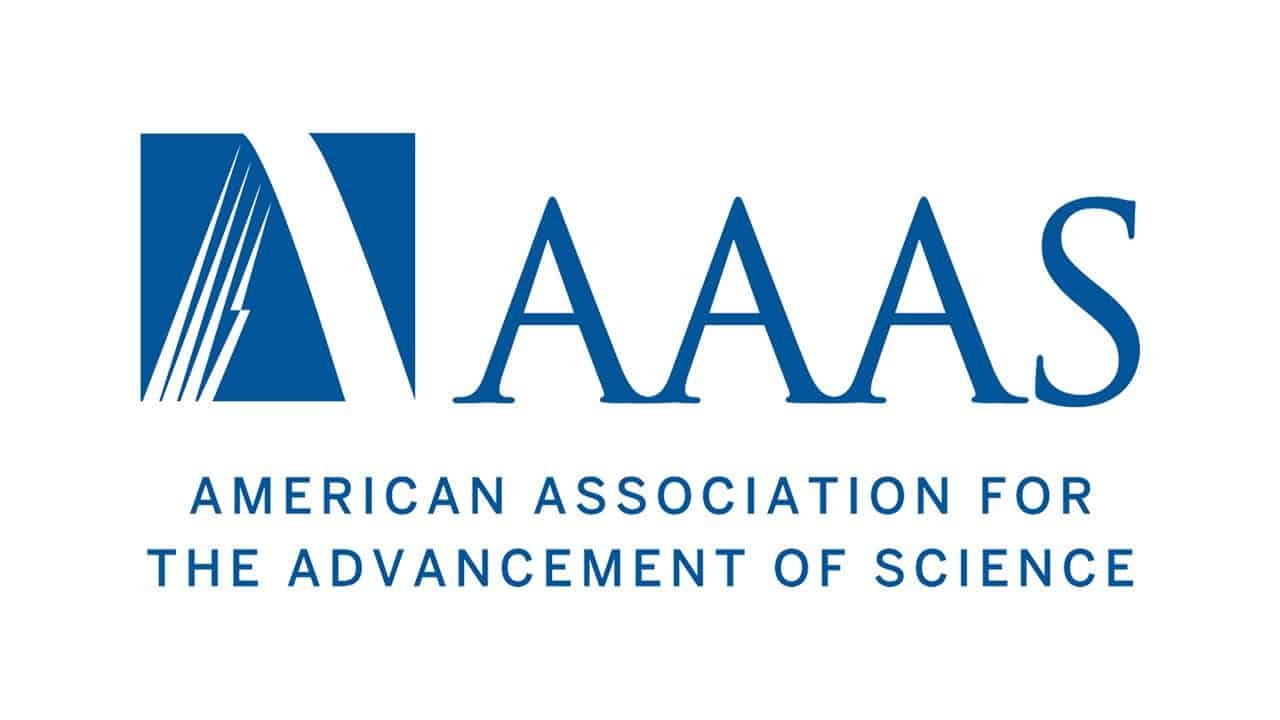
AAAS Science & Technology Policy Fellowship
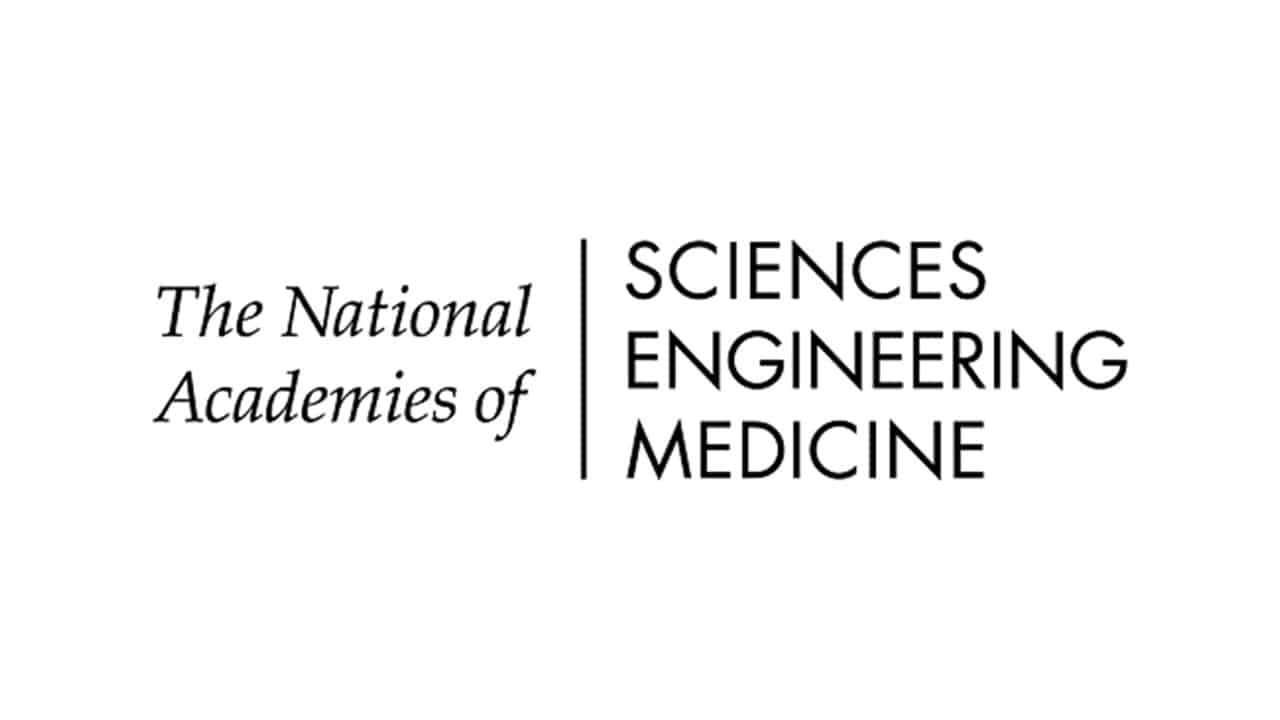
Christine Mirzayan S&T Policy Graduate Fellowship

Jefferson Science Fellowship
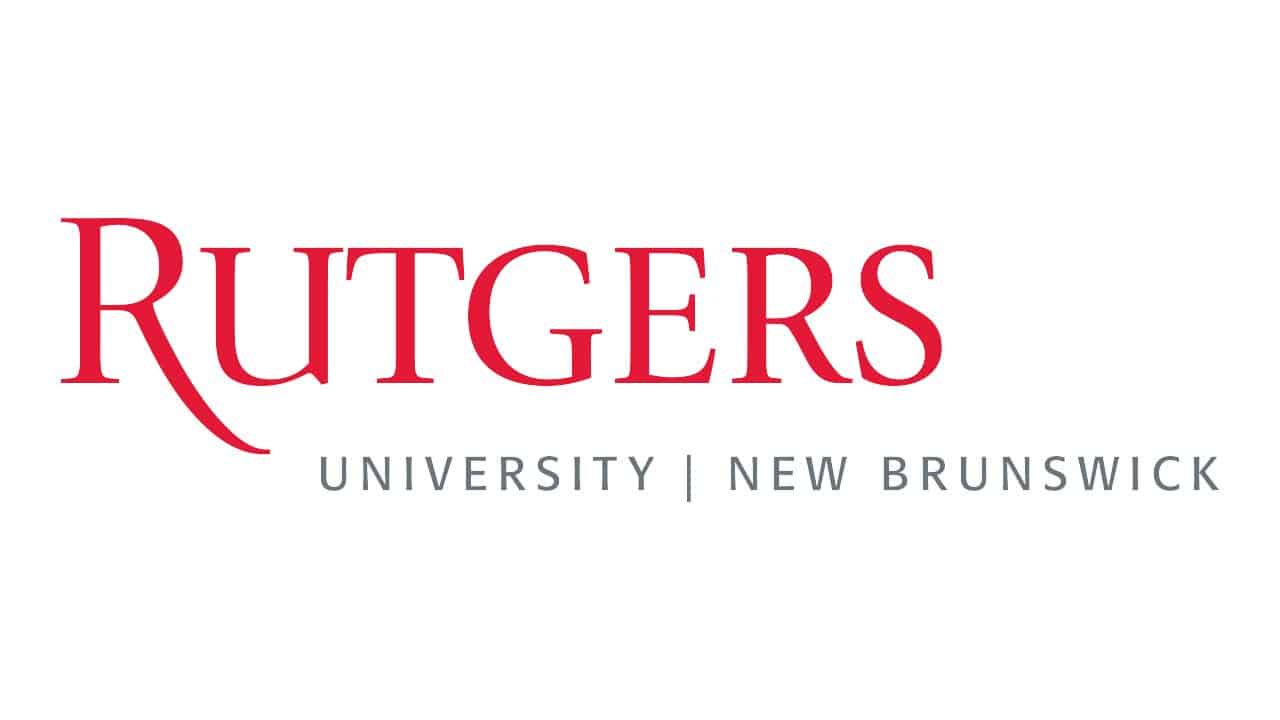
Eagleton Science and Politics Initiative
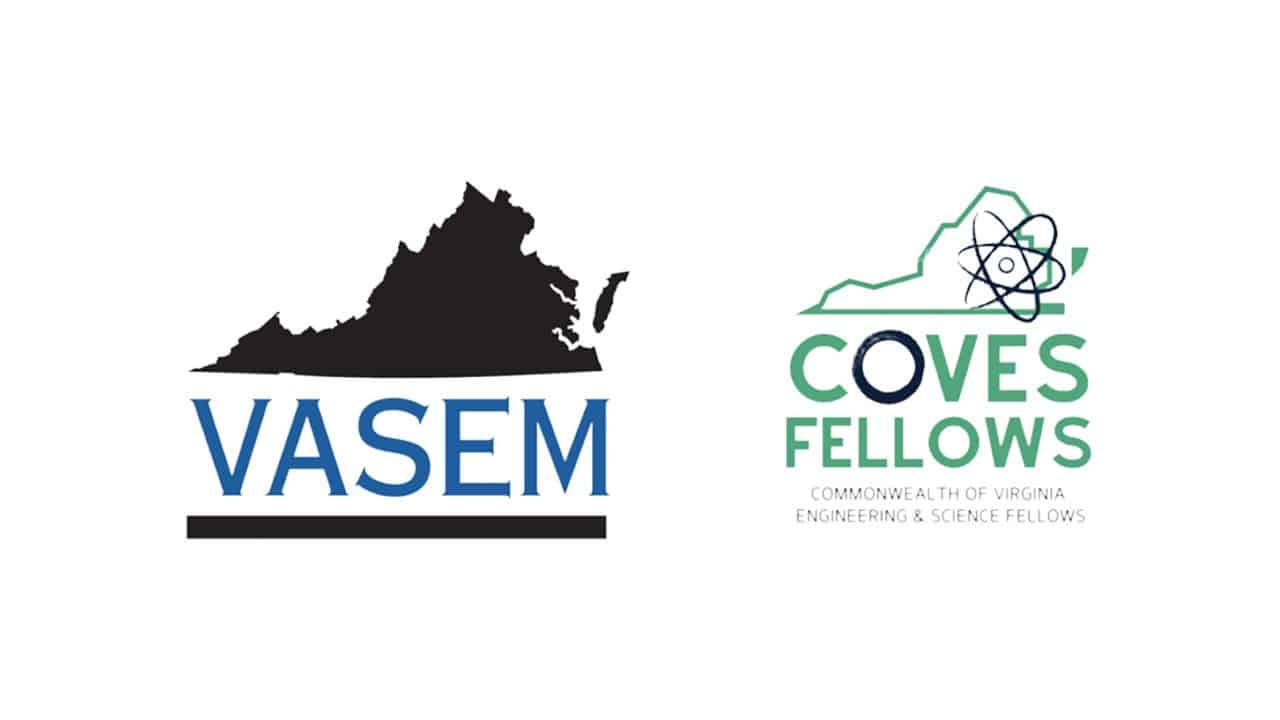
Commonwealth of Virginia Engineering & Science Fellows
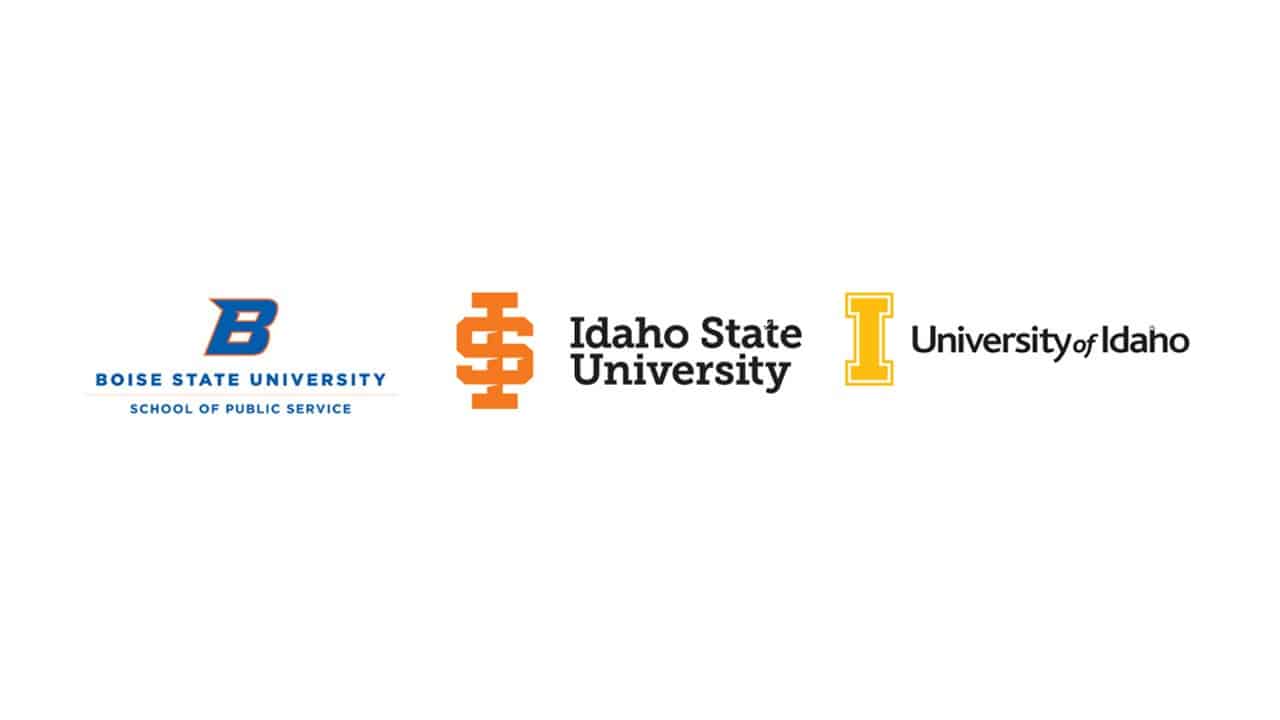
Idaho Science & Technology Policy Fellowship
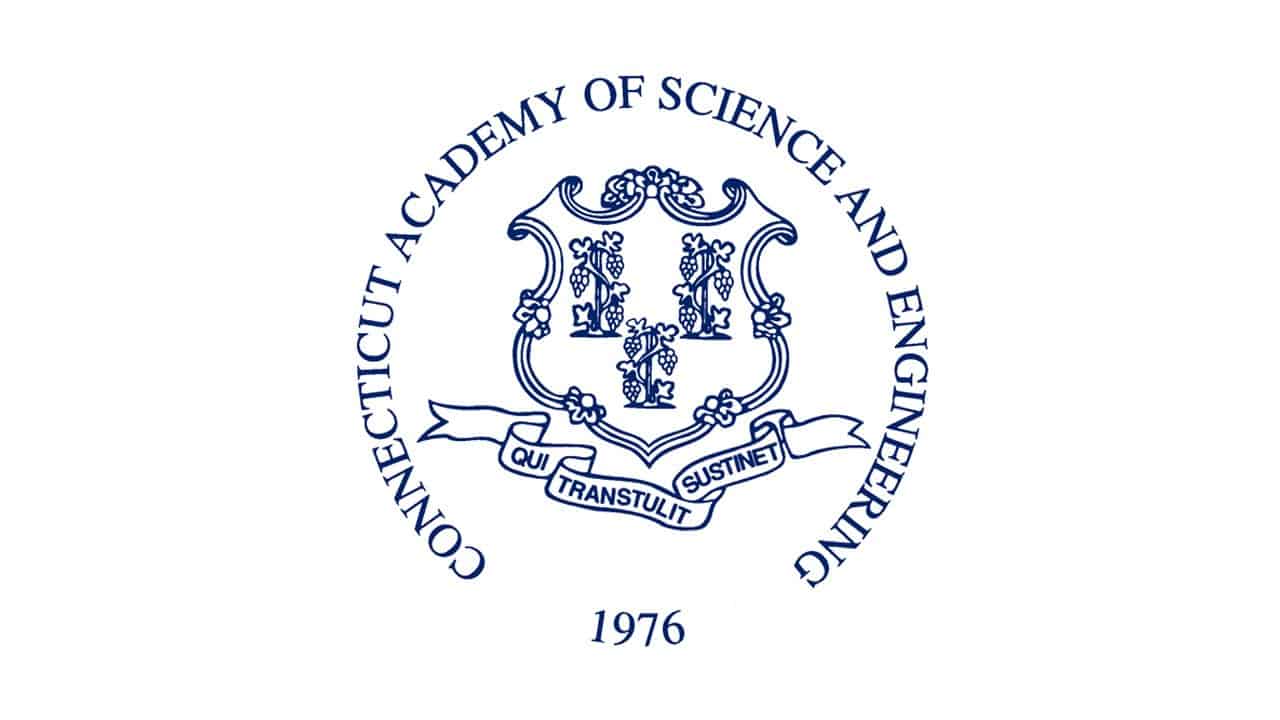
CASE S&T Policy Fellowship Program
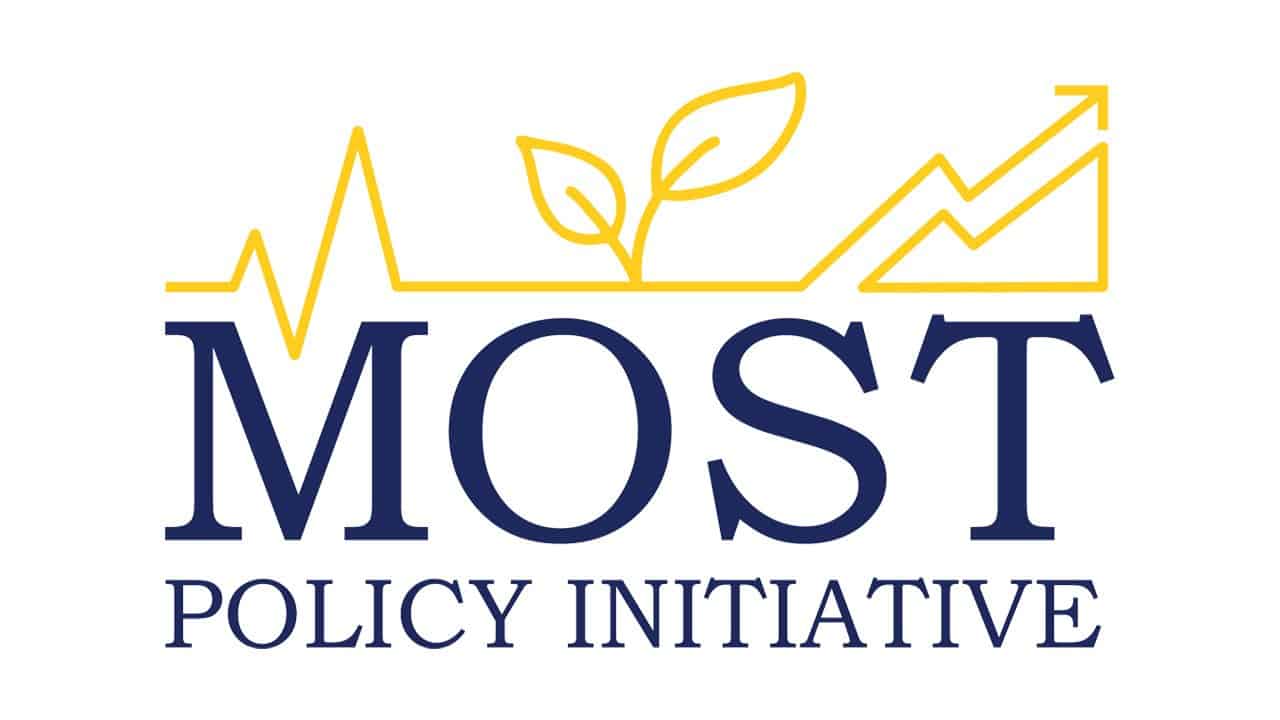
Missouri Science & Technology Policy Fellows
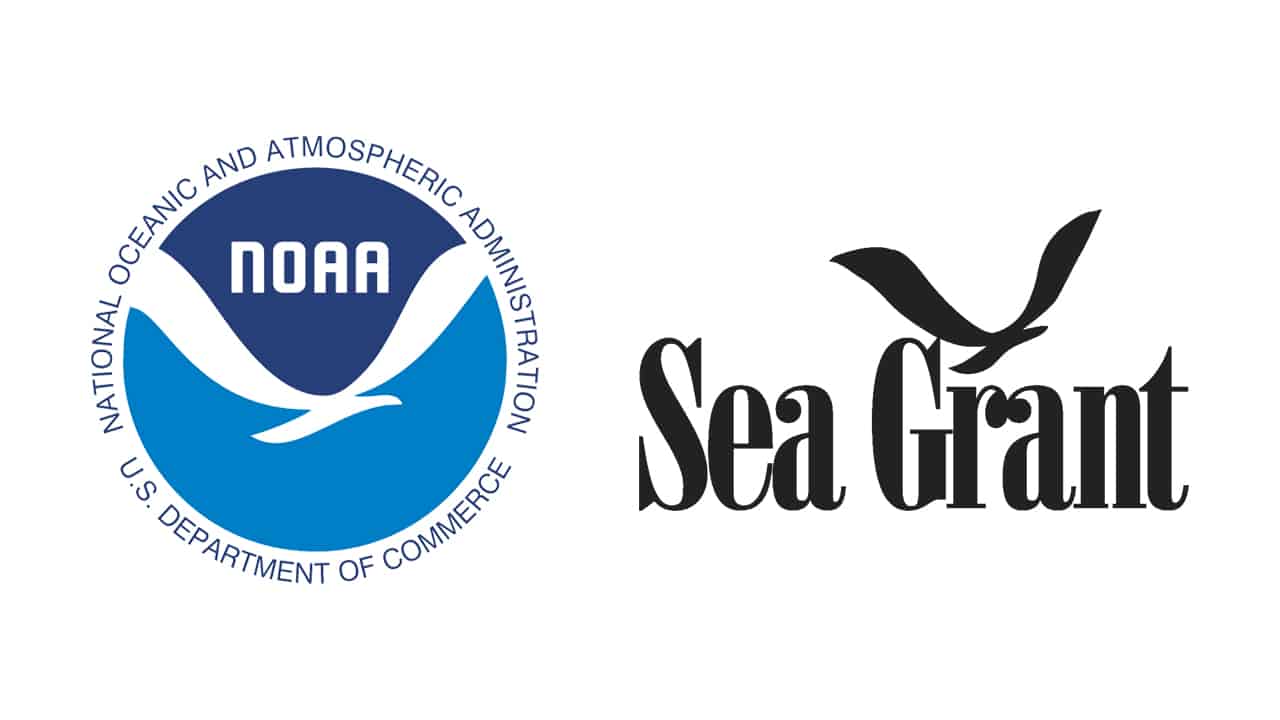
Knauss Fellowship Program
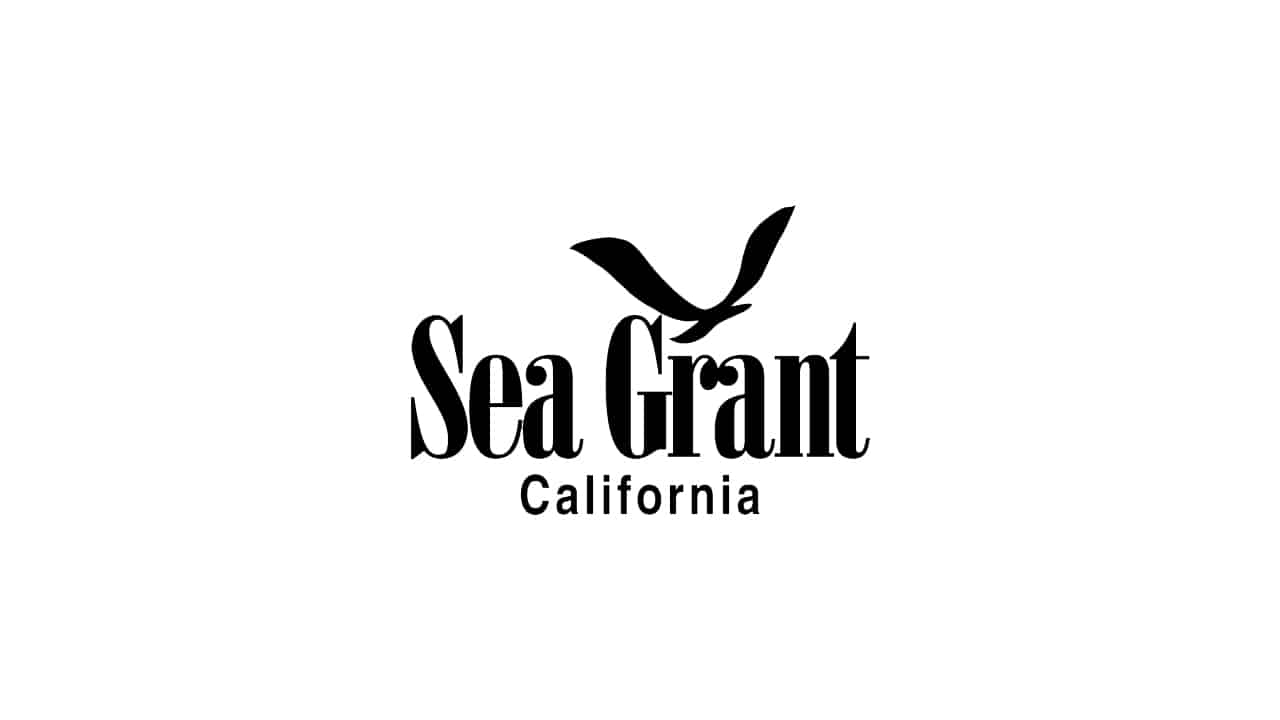
California Sea Grant State Fellowship
